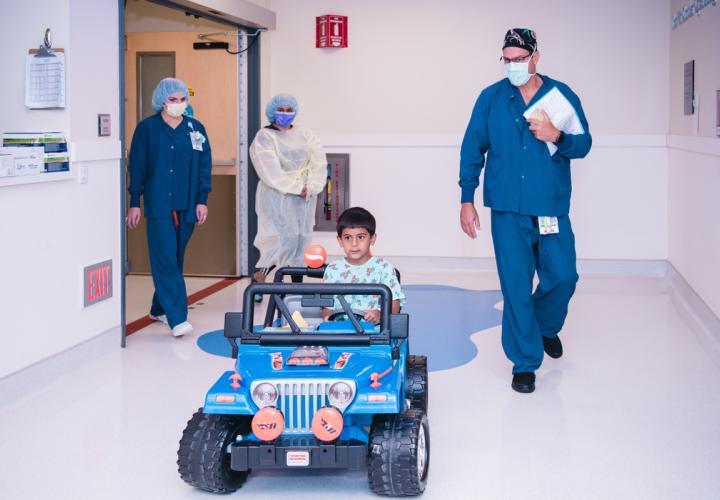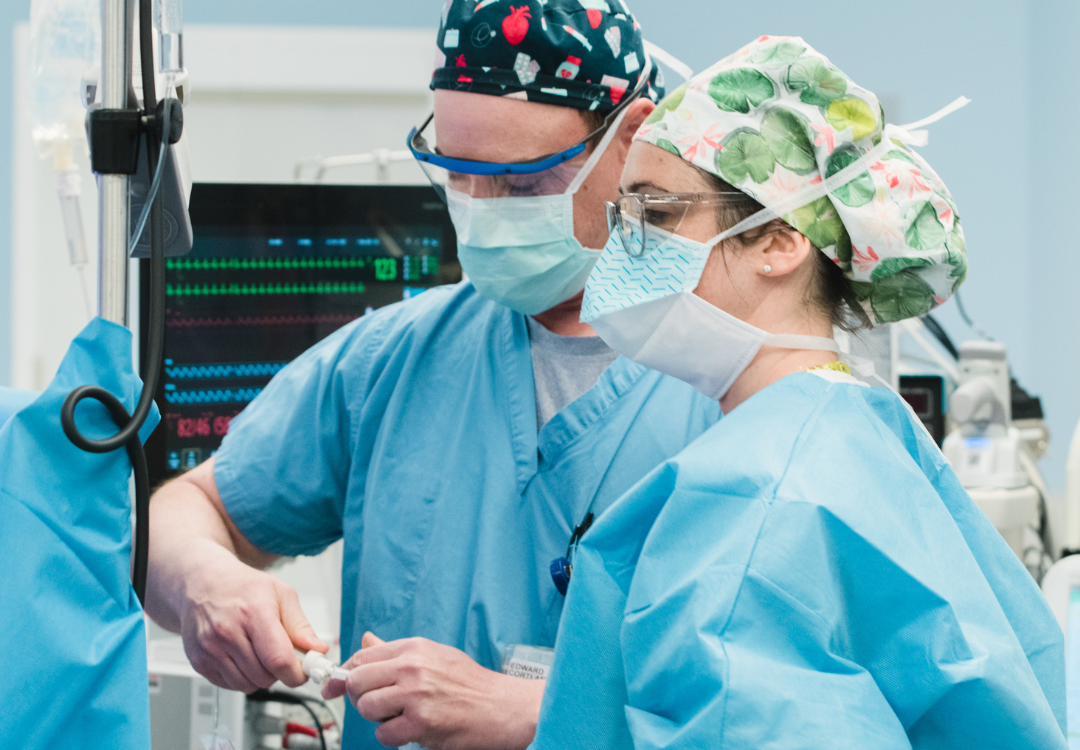Why Choose Connecticut Children's Anesthesiology?
Children undergoing surgery, invasive diagnostic procedures, and some imaging tests and radiologic interventions may require anesthesia to block sensations in areas of the body that would otherwise experience pain or severe discomfort. Our pediatric anesthesiology team receive additional training in caring for children of all ages to help assure your child is safe, comfortable, and pain-free during their surgery or procedure.
We consider several factors to determine if your child needs anesthesia, and if so, what type of anesthesia to offer, such as:
• The location of the test or procedure on the body
• The amount of pain or discomfort expected during the test or procedure
• The length of time it takes to perform the test or procedure
• The child’s medical condition
• The child’s age, height, weight and development level
• Medications the child is taking
• Previous reactions to anesthesia by the child or family members

